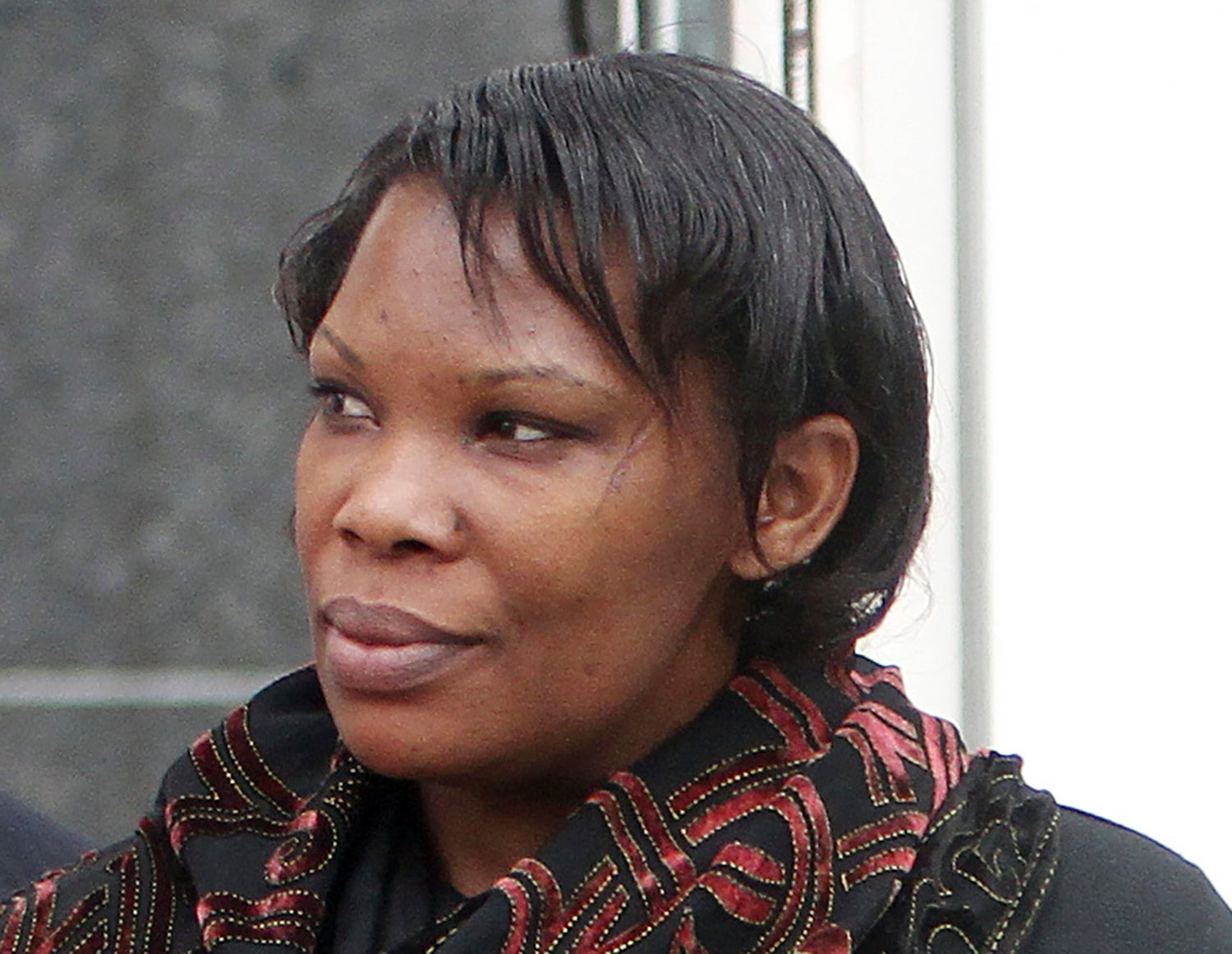US deports woman who lied about role in Rwandan genocide
A lawyer says a woman has been deported from the United States to Rwanda after serving 10 years in prison for lying about her role in the 1994 Rwanda genocide to obtain U.S. citizenship

Your support helps us to tell the story
From reproductive rights to climate change to Big Tech, The Independent is on the ground when the story is developing. Whether it's investigating the financials of Elon Musk's pro-Trump PAC or producing our latest documentary, 'The A Word', which shines a light on the American women fighting for reproductive rights, we know how important it is to parse out the facts from the messaging.
At such a critical moment in US history, we need reporters on the ground. Your donation allows us to keep sending journalists to speak to both sides of the story.
The Independent is trusted by Americans across the entire political spectrum. And unlike many other quality news outlets, we choose not to lock Americans out of our reporting and analysis with paywalls. We believe quality journalism should be available to everyone, paid for by those who can afford it.
Your support makes all the difference.A woman who served a 10-year sentence in U.S. prison for lying about her role in the 1994 Rwandan genocide to obtain American citizenship and lost her bid for a new trial has been deported to Rwanda, her lawyer said Saturday.
Beatrice Munyenyezi was convicted and sentenced in 2013 in the U.S. state of New Hampshire. She served a 10-year sentence in the state of Alabama and had faced deportation.
She lost her latest court battle in March, when the 1st U.S. Circuit Court of Appeals upheld a federal district judge's rejection of her petition challenging how the jury was instructed during her trial in federal court in New Hampshire.
“Yes, that did happen," her lawyer, Richard Guerriero, wrote in an email Saturday when asked whether Munyenyezi had been deported to Rwanda. He said he believed she arrived in Kigali the Rwandan capital, on Friday.
Munyenyezi was convicted of lying about her role as a commander of one of the notorious roadblocks where Tutsis were singled out for slaughter. She denied affiliation with any political party, despite her husband’s leadership role in the extremist Hutu militia party.
She requested a new trial based on a 2017 U.S. Supreme Court decision limiting the government’s ability to strip citizenship from immigrants who lied during the naturalization process.
Munyenyezi alleged that the jury was given inaccurate instructions on her criminal liability. A judge denied her request, saying that even if the instruction fell short, the error was harmless beyond a reasonable doubt.
As part of her appeal, Munyenyezi's trial lawyers, who are now New Hampshire superior court judges, said in court documents that they would have presented Munyenyezi’s case differently if the U.S. Supreme Court decision had been law during her trial.
They added that they believe if the jury had instructed based on the court decision, “the verdict may have been different.”
At the time, her lawyers portrayed her as the victim of lies by Rwandan witnesses who had never before implicated her through nearly two decades of investigations and trials, even when testifying against her husband and his mother before the International Criminal Tribunal on Rwanda.
U.S. prosecutors said that Munyenyezi wasn't entitled to a new trial and could have raised a similar legal argument at the time because it had come up in other cases. But her defense lawyers said they were not aware that other lawyers had raised the issue.
In the 2017 U.S. Supreme Court case, a Serb who emigrated from Bosnia to the United States lied about the reasons she feared persecution, her husband’s service in the Bosnian Army, and his role in the slaughter of thousands of Bosnian Muslim civilians.
She asked that the jury be instructed that her citizenship could be stripped if the government proved that her lies had influenced the decision to grant her citizenship. A court declined to do that, but the Supreme Court reversed that decision.